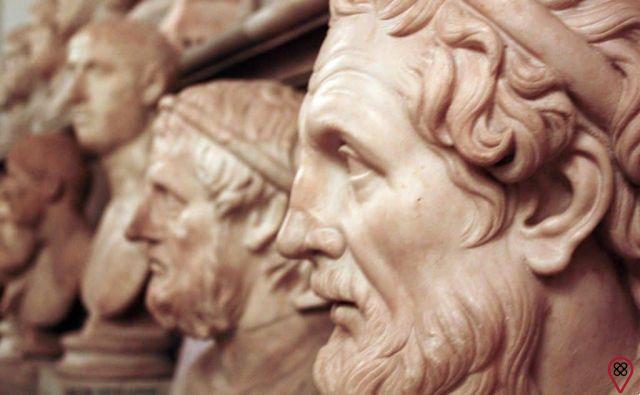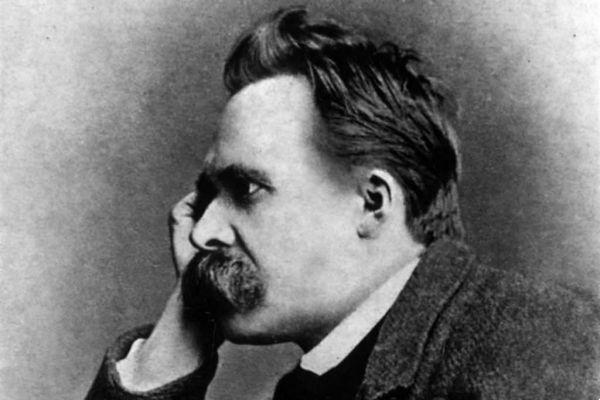The crisis that currently affects contemporary man derives from the crisis itself of a model of civilization, the one engendered by capitalist instrumental reason. For this civilization, only what serves or converts to the regime of commodity production is rational and, even more, commodities dictated by the exclusivity of profit.
Now, it is this model of civilizing reason, which reduces life to the dimension of profit, competition and accumulation, that gives innumerable signs of discomfort, at the same time that it begins to confront the values of oriental civilization and with the possibilities of recovering other forms of exercise of reason: sapiential reason, ethical reason, poetic reason, aesthetic reason, religious reason, contemplative reason.

In other words, it is about thinking reason in the form of care, of caring for life, of allowing the other to be what he should be; that the world is what it historically constituted itself to be. Finally, it is a question of overcoming the utilitarianism of man's relationships with himself, with others and with all life communities (animal and plant, as well as with the inorganic world).
A good example of this “philosophy of care” comes from the poem below, authored by Chuang Tzu, famous Taoist writer of the classical period of Chinese philosophy (550 to 250 BC). He says:
“The Yellow Emperor, wandering, went north of the Red Water. To the mountain of Kwan Lun. He looked around. He looked out over the world. On his way back he lost his night-colored pearl. He sent Science to look for the pearl, but in vain. He sent Analysis to look for her, in vain. He sent Logic, in vain. Then he interrogated Nothingness, and Nothingness possessed her! Said the Yellow Emperor: 'Strange indeed: The Nothing that was not sent, That made no effort to find it, Is that possessed the night-coloured pearl!'”

Commenting on these lines, the Spanish philosopher and theologian Leonardo Boff (1999, p.101) states that “What is opposed to carelessness and neglect is care. Caring is more than an act; it's an attitude.” Therefore, care encompasses more than a moment of attention, zeal and devotion. It represents an attitude of occupation, concern, responsibility and affective involvement with the other.
In this way, care is at the first root of the human being, before he does anything. And, if you do, it is always accompanied by care and imbued with care. It also means that care is an essential way of being, and irreducible to the other previous reality. It is a vital dimension, therefore, ethical, original, ontological, impossible to be totally distorted from the practical life of contemporary man.

Finally, the biggest challenge of contemporaneity is to put care for the other into practice. Care for life, space, time, the body can be the existential exit that everyone seeks. If indeed this happens, we will be starting a new era, no longer narcissistic and selfish, but an era of love and care.
You may like other articles by this author. Also check: What would the world be like if you weren't so selfish?
























